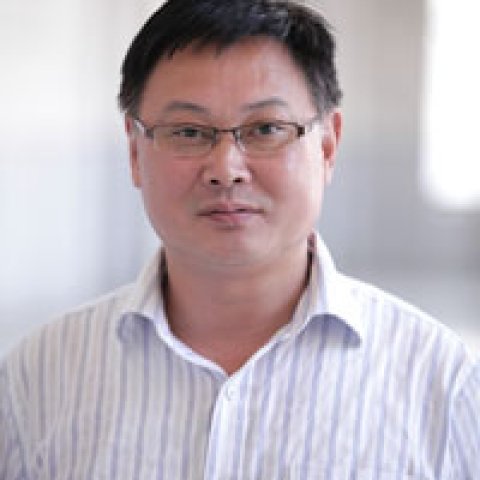Weigan Niu
Former East China Normal University, Cold War Studies Initiative Scholar
Professional Affiliation
Associate Professor, Center for International Issue Studies, Jiangsu Provincial College of Administration
Expert Bio
Dr. Weigan Niu is associate professor at the Center for International Issue Studies of College of Administration of Jiangsu Province. Niu was previously a post-doctoral researcher at the Chinese Academy of Sciences, studying Sino-US conflicts following the 2008 international financial crisis and the US “rebalancing to Asia.” He also completed a post-doc at Nanjing University where he examined the Cold War residual impacts on East Asia regional cooperation. In addition to research, he teaches Master’s level classes and serves as an advisor to graduate students.
Niu received his PhD in International Relations – Asia Pacific Region from Central China Normal University in Wuhan City, Hubei Province. He completed his Master’s degree in International Relations at China West Normal University.
He has published over 50 articles in journals such as the Journal of Social Sciences (China) and Contemporary International Relations. In addition, he has written two books: On the Residual Problems of the Cold War in East Asia (Nanjing University Press, 2011) and International Law and Contemporary International Relations (Nanjing University Press, 2013, co-authored with Guochao Gao).
Wilson Center Project
"The Transformation of the International Structure and the Evolution of American Two-ocean Alliances after the Cold War"
Project Summary
Looking at the residual problems of the Cold War, Dr. Niu focuses his research on contemporary international structure and the US alliance system. After the Cold War, the US unilaterally intervened in several major international events such as Kosovo and the Iraq War, bringing the two major alliance systems, the Atlantic Alliance and the Asia Pacific Alliance, closer together. This trend illustrates that the multi-polarization trend of contemporary international structure which many scholars have considered obvious – is not always the case. In fact, there are three kinds of competing powers in contemporary international structure from the end of the Cold War: unipolarism, multipolarization, and what Dr. Niu argues is the “moving middle”, which facilitates the coexistence of both unipolarization and multipolarization in the contemporary international structure.

